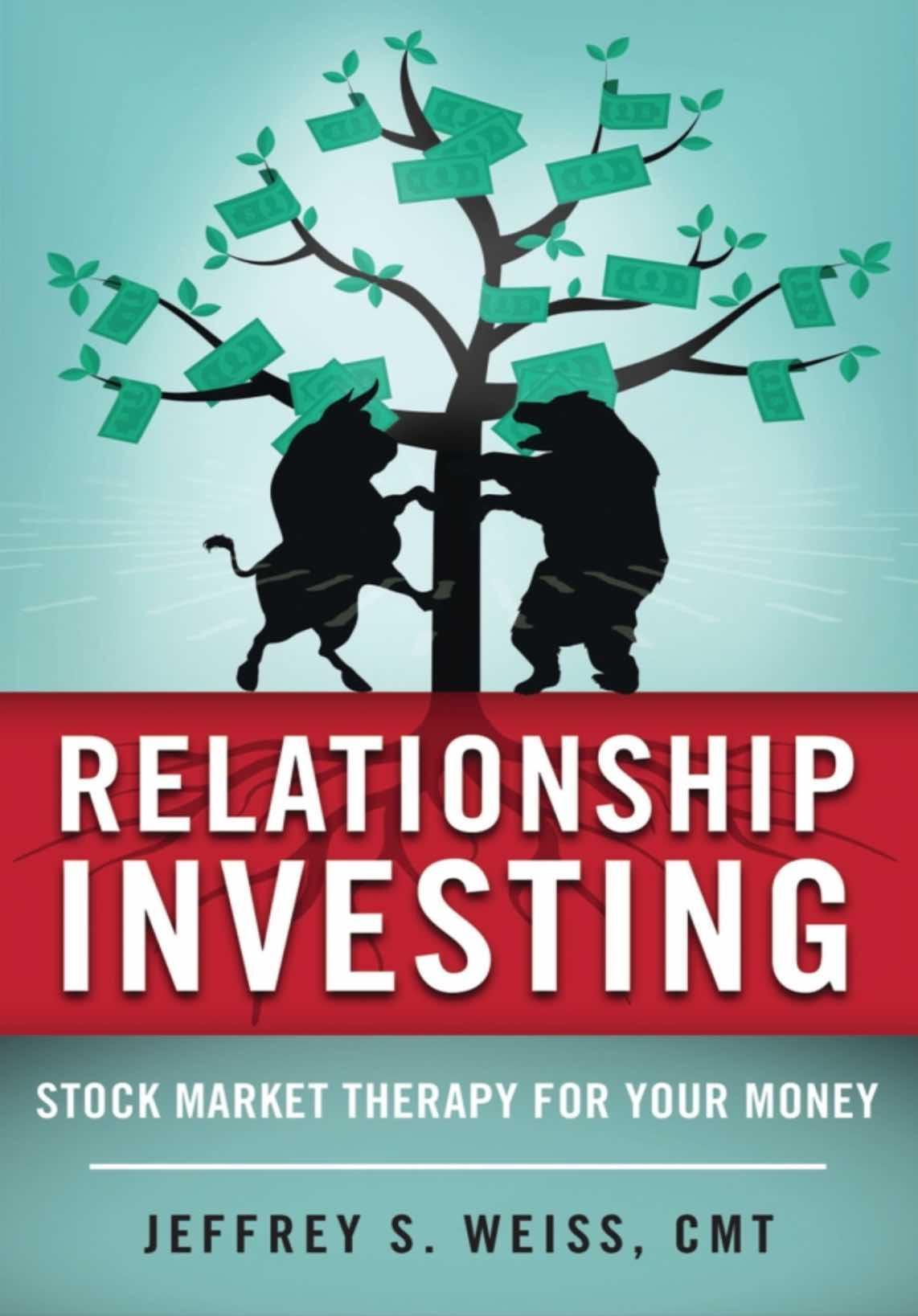Of the myriad of decisions that you make when deciding what to do with your paycheck, one is whether to invest in your company’s stock. I can only address this issue in a very general way because different companies have varying programs in this regard. And obviously, I don’t know your financial position.
What I do want to get across, however, is that simply because you work for a company you like and believe in doesn’t mean that you’ll make money in the underlying shares over the near or longer term. Bear markets have a way of seeing to that. Also, chances are that if you weren’t working for your company you wouldn’t be investing in its shares in the first place. Additionally, if you already depend on your salary, bonus, health, and other benefits from your employer to support your family, this already represents a significant involvement and would be something to consider in deciding if, and how much, you should invest in your company’s shares.
I’m not passing judgment on whether or not you should invest in your company stock. Look at how many folks have made beaucoup bucks doing so—enough to change their lifestyles for the better. But there’s also a downside, and a potentially large one at that. All I’m suggesting you do is weigh the aforementioned factors I mentioned, as well as others that you’ll want to consider, prior to committing your hard-earned dollars to your company’s stock. Life’s equivalent consideration would be to determine to what extent (if at all) you want to become additionally involved in a personal endeavor in which you’re already broadly involved.
Say you have a close friendship with someone who also happens to be your neighbor, is in the same business, and who you and your family socialize with regularly. He approaches you with an opportunity to invest in a summer home together. Is it worth becoming increasingly involved in such an arrangement? Maybe you sense additional opportunities to justify doing so; maybe not. There’s no one answer for all.
Moral: In deciding whether to participate, and to what extent, in your company’s stock purchase program, consider weighing the extent to which your life is already connected to that enterprise financially and emotionally. Examine your present and future monetary obligations. Weigh the benefits and risks in each category, listing the plusses and minuses to help reach a decision.
(To be continued...)

This excerpt is taken from “Relationship Investing: Stock Market Therapy for Your Money” by Jeffrey S. Weiss. To read other articles of this book, click here. To buy this book, click here.
The Epoch Times copyright © 2023. The views and opinions expressed are those of the authors. They are meant for general informational purposes only and should not be construed or interpreted as a recommendation or solicitation. The Epoch Times does not provide investment, tax, legal, financial planning, estate planning, or any other personal finance advice. The Epoch Times holds no liability for the accuracy or timeliness of the information provided.





